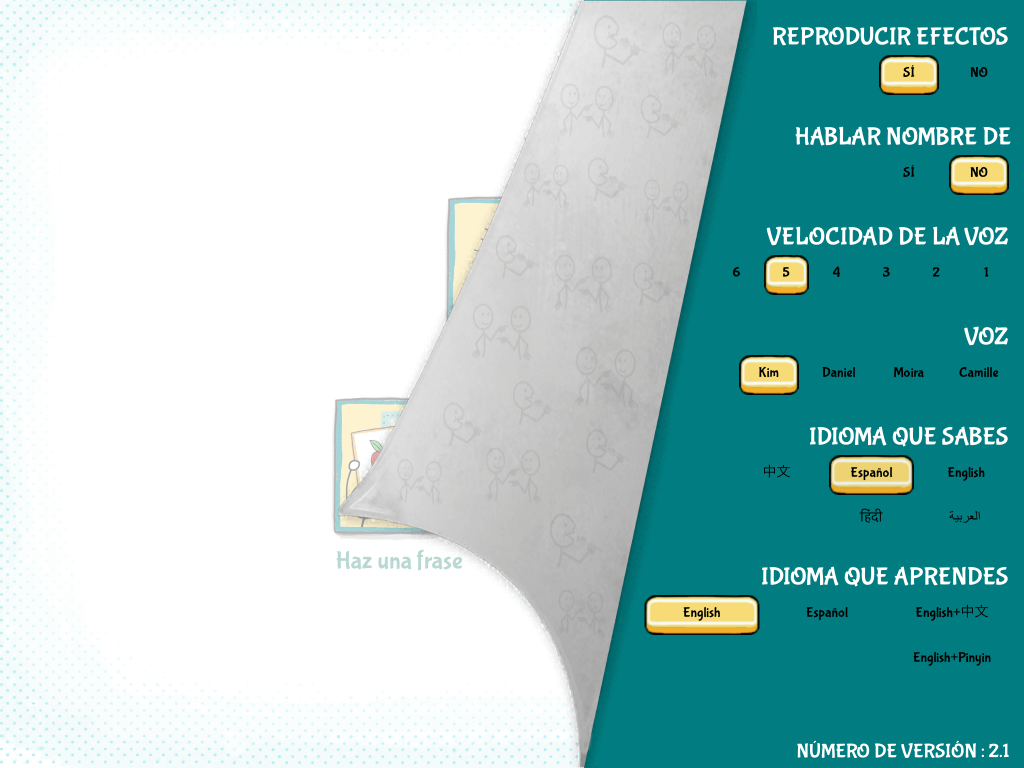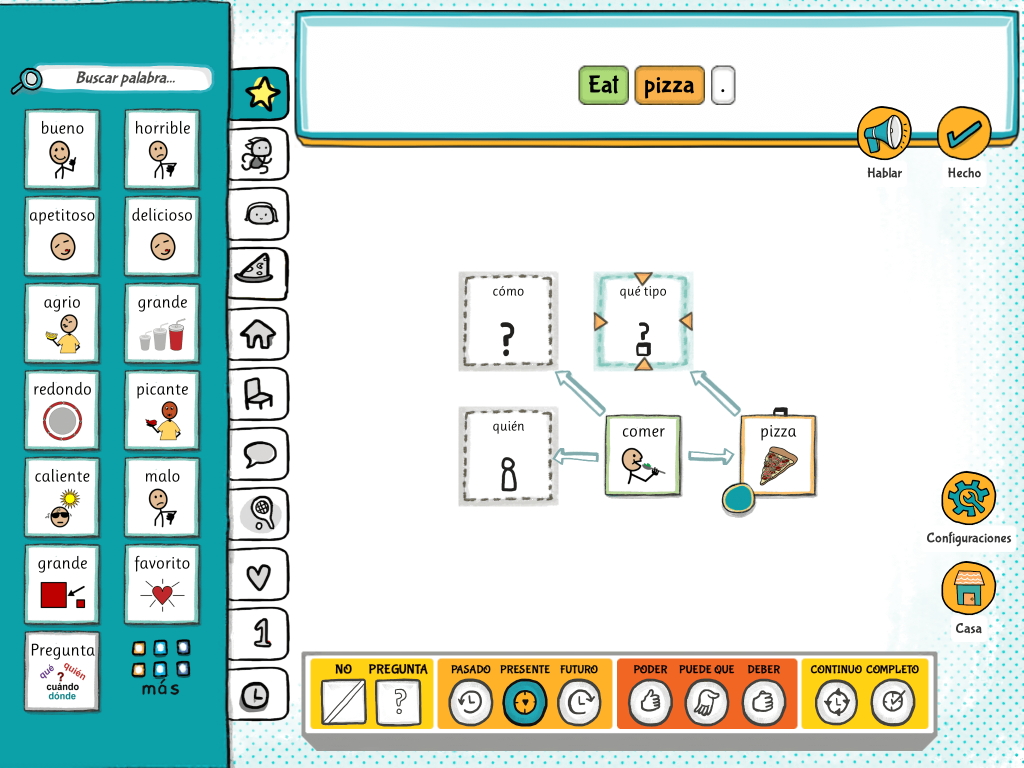Language is primarily a tool for social communication. We use it to convey our ideas and to transmit messages. Every language is composed of smaller units that are arranged according to rules that govern them. These finite number of smaller units such as sounds and letters, can be used in multiple permutations and combinations to form an infinite number of larger units that have meaning.
Sounds complex, right? What if there was an app that lets you learn grammar without having to read volumes of written text about semantics and syntax? Wouldn’t acquiring language skills be a breeze, if there was a fun way to learn words and their appropriate usage in a sentence?
Avaz FreeSpeech is a revolutionary app that lets you do just that! It uses gamified challenges to teach you the basics of grammar such as nouns, adjectives, verbs etc. It also lets you start with a single word, and build a sentence by prompting with relevant questions.
Here are a few underlying principles of Avaz Free Speech that are effective for language building:
Scaffolding:
Scaffolding refers to the use of instructional techniques to help learners achieve better and deeper understanding of language. It involves providing assistance to learners so that they progress and go to the next level in their language capabilities.
When the learner says, “eat pizza”, Avaz FreeSpeech prompts them to add more details by asking the question “What kind?”
Recasting
Recasting is the corrective reformulation of a learner’s utterances. Evidence suggests that students repeat recasts, thereby learning correct usage of language.
When the learner says, “He eat pizza”, Avaz FreeSpeech corrects it to the grammatically correct sentence “He eats pizza”.
Bridging
Bridging is the technique of teaching new concepts by building up on the learner’s existing knowledge. For bilingual learners, this helps in developing fluency in a second language, while maintaining their proficiency of native language.
Gamification:
Gamification is an educational approach that aims to maximize the engagement of learners using fun elements that promote learning. According to research, learners acquire and retain more information through gamification than conventional teaching methods.


Reward System:
Setting small goals motivates people to work towards achieving them. Subsequently rewarding them for successful completion of tasks gives them a sense of accomplishment. It also encourages them to put in more effort and reach for higher goals.


Multi-sensory Learning:
Multi-sensory learning refers to the engagement of more than one sense in learning environments. Since multiple senses of the learner are stimulated, it results in greater understanding. It also gives students of all abilities an alternative way to learn and process information.
- Visual Learning


- Auditory Learning
- Tactile Learning
Tactile learners can learn better when they use their hands. Moving tiles around can stimulate such learners and engage them more.
Independent Learning:
Typically, a parent or teacher expands or offers corrective feedback to the learner’s utterances. However, when an individual is able to learn by themselves, it develops their metacognition and self-assessment skills. This instills confidence in them and boosts their self-worth.


Avaz FreeSpeech is a unique app with grammar prediction and errorless modelling. These game changing functionalities help learners develop language skills. It is suitable for any learner who wants to build their language skills, be it a bilingual student or an individual with language impairments. With gamification and picture supports, the app complements conventional methods of language development, while offering a gripping way to improve language competency.




